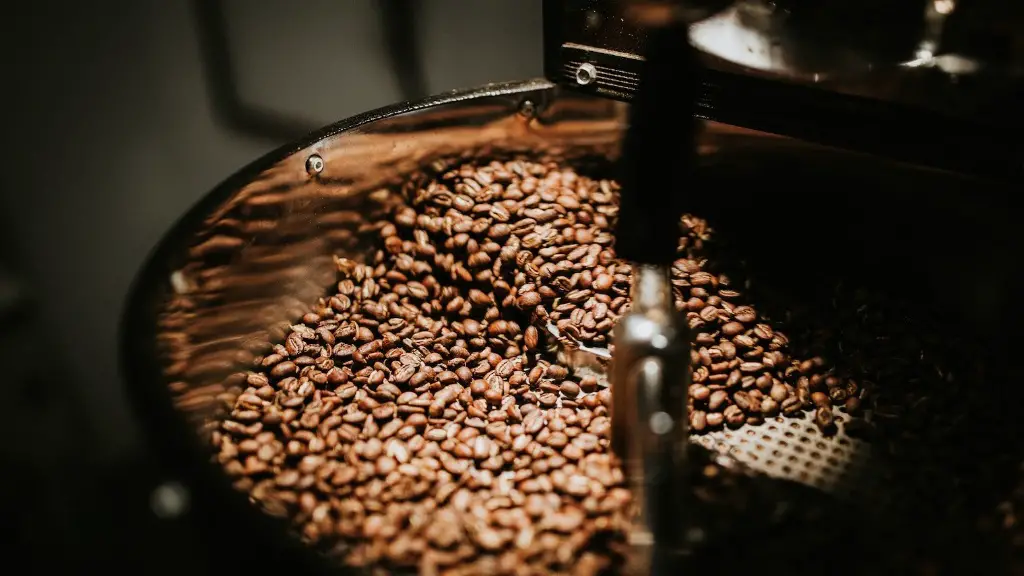Coffee is one of the most popular beverages in the world. It’s easy to understand why as it is a simple stimulant that boosts energy levels and helps keep us focused and productive. But when trying to conceive, many people ask themselves if they should keep their coffee consumption levels in check. After all, some sources warn that too much of this caffeinated drink is linked to infertility.
Before you change up the way you drink coffee, it is important to understand how caffeine intake can affect fertility.
Studies have shown that having more than 200mg of caffeine per day can lower fertility in some women. The same research indicates that having fewer than 500mg of caffeine per day, or 2–3 cups of coffee, has no risk at all. Furthermore, a recent medical report showed that moderate caffeine consumption, having up to 300mg per day, even during the first weeks of pregnancy, is generally safe.
On the other hand, other studies found that women who consume coffee with higher levels of caffeine, such as espresso and Turkish coffee, take longer to get pregnant than those who abstain from coffee. This suggests that some levels of coffee consumption may be more harmful than others.
It’s also worth mentioning that moderate caffeine intake can help fight fatigue, which is a common side effect of trying to conceive. Many mums-to-be find that having one or two cups of coffee helps keep up their energy levels.
Summing up, caffeine is not necessarily harmful to fertility, as long as it is taken in moderation. Women trying to get pregnant should be aware of their own caffeine intake and try to moderate their coffee consumption if they sense they are having too much.
Effects of Coffee on Men’s Fertility
While much research has been done on the effects of caffeine on female fertility, not so much is known about men’s fertility and coffee. However, some studies have found that moderate coffee consumption does not have a significant effect on men’s fertility.
Interestingly, research has also indicated that a high intake of caffeine, above 700mg per day, might be related to lower sperm quality. Of course, opting for caffeine-free alternatives, such as herbal tea or decaf coffee, is a great way of getting a boost of energy without the adverse effect of higher levels of caffeine.
Men trying to conceive should be aware of the potential effects of coffee on fertility, particularly if they drink coffee excessively. Like women, men should opt for fresh coffee or decaf beverages or, even better, herbal teas instead.
Health Benefits of Coffee
When it comes to coffee consumption, it is important to consider its positive health effects. Coffee is a great source of antioxidants and nutrients, such as magnesium, potassium and magnesium. One cup contains up to 11% of the recommended daily calcium. In addition, coffee consumption is associated with many positive benefits, including a reduced risk of type 2 diabetes, lower risk of heart attack and stroke, and protection against the onset of Alzheimer’s and Parkinson’s diseases.
In pregnant women, coffee consumption has also been associated with a reduced risk of preterm birth and miscarriage. Studies also suggest that women who drink coffee are less likely to suffer from depression during pregnancy and after birth.
Finding the Right Coffee Balance
When trying to conceive, finding the right balance between stopping coffee consumption entirely and having too much is the key. The right balance may vary from person to person, and certain risk factors, such as smoking and overeating, should also be taken into account.
It is recommended to talk to a healthcare professional to discuss how best to adjust caffeine intake, in light of individual health circumstances. This will help ensure that any potential risks associated with coffee can be minimised.
Conclusion
It is quite clear that some level of coffee intake is acceptable when trying to conceive. Moderate consumption, up to 300 mg per day, does not seem to pose any risk to fertility. However, it is important for couples to be aware of their own caffeine intake and take preventive steps if necessary. Those in doubt can talk to their healthcare professional to find the best approach for them.
Other Concerns
The effects of caffeine on fertility are not the only things couples should be thinking about when trying to conceive. For instance, studies have shown that maintaining a healthy diet can positively affect conception rates. Eating plenty of whole grains and fresh fruits and vegetables can help women regulate their hormone levels, which is crucial to the conception process.
Getting enough quality sleep is another important step when trying to get pregnant. Sleep deprivation can increase levels of the stress hormone cortisol and negatively affect fertility. Furthermore, taking measures to reduce stress and stay relaxed can also help increase fertility rates.
Nutrition Supplements
In addition to eating a healthy diet, many couples trying to conceive consider supplementation as a way to improve fertility. There are several vitamins and supplements on the market that are aimed at optimising fertility, such as multivitamins and omega-3 fatty acids.
It is best to talk to a doctor to discuss the potential benefits and risks of supplements, as well as what type of supplement is best for particular individual circumstances.
Timing Sex for Conception
Another way to increase the chances of getting pregnant is timing intercourse properly. Women’s fertility window lasts for around 6 days every month, with a couple of days before and after ovulation being the peak fertility time. Working out the woman’s ovulation cycle, as well as having sex during the fertile period, is a great way to increase chances of conception.
Trying to conceive can be a stressful process. Seeing a doctor to identify any medical issues and take a fertility test is always a good starting point. Knowing that coffee consumption is nowhere near as bad as some believe will hopefully give couples more peace of mind, when preparing to start a family.





